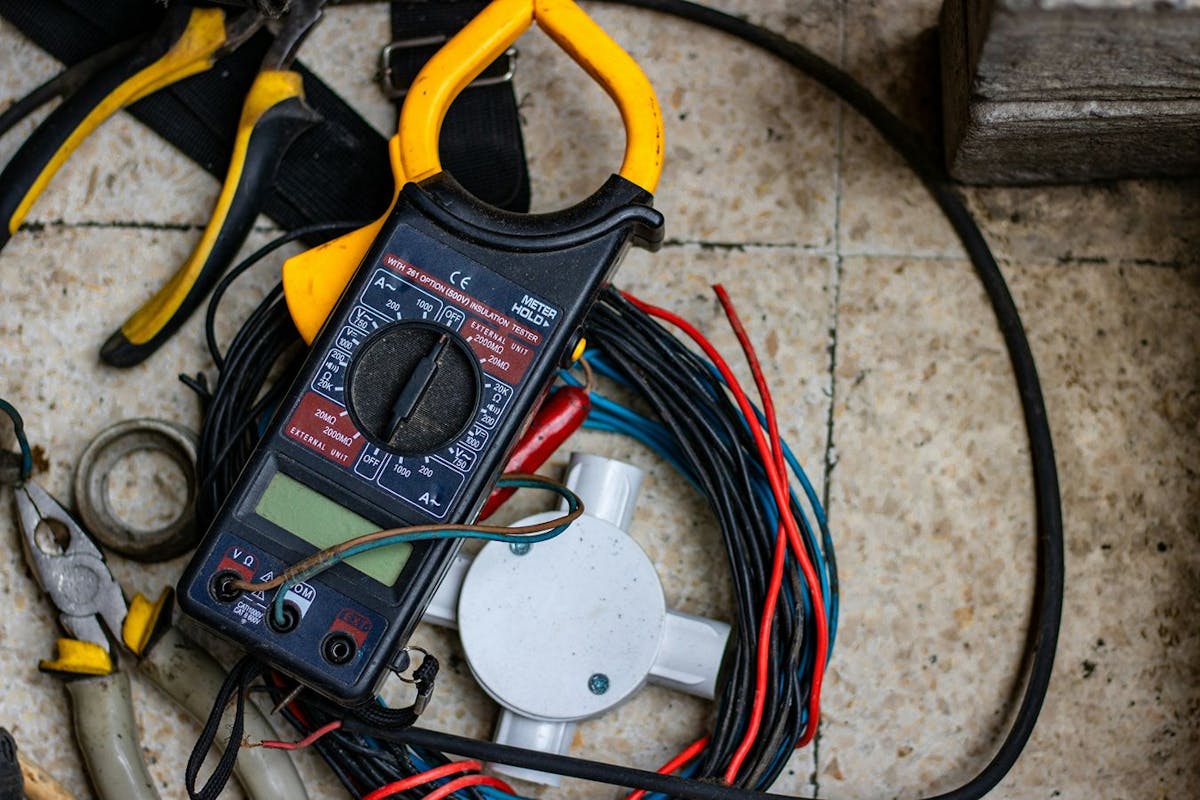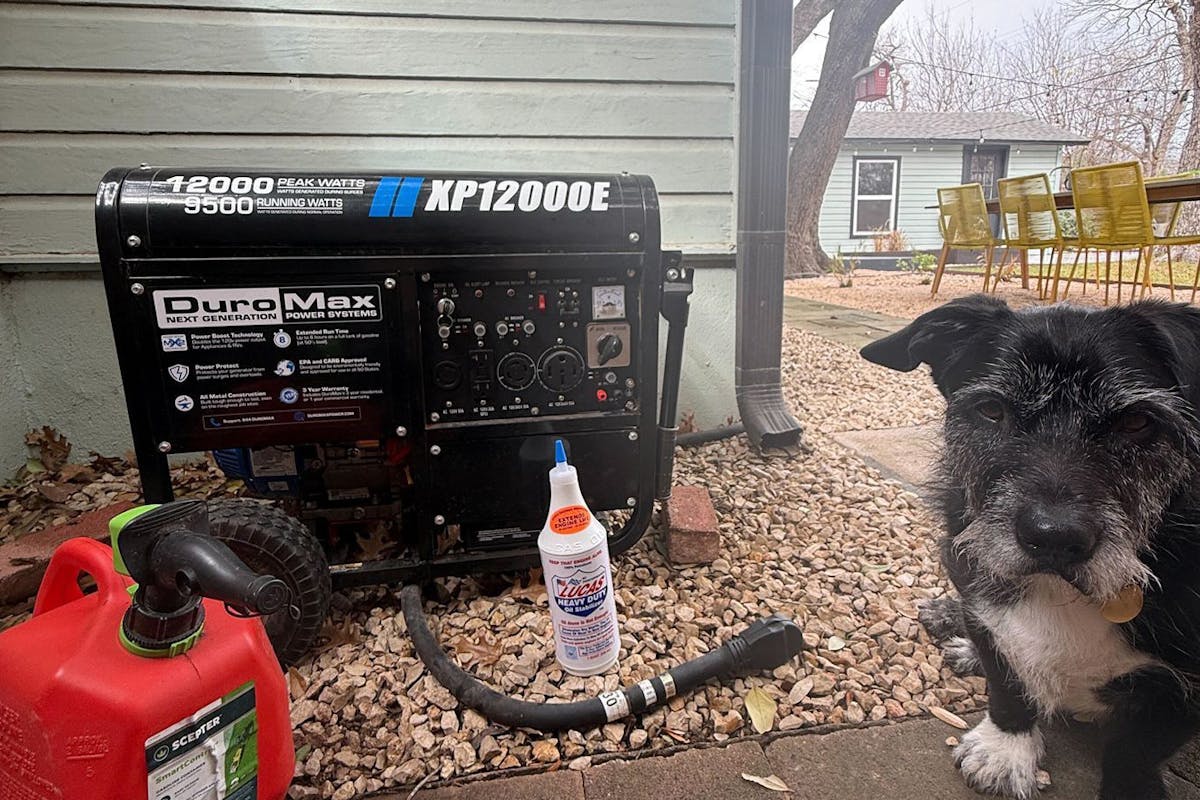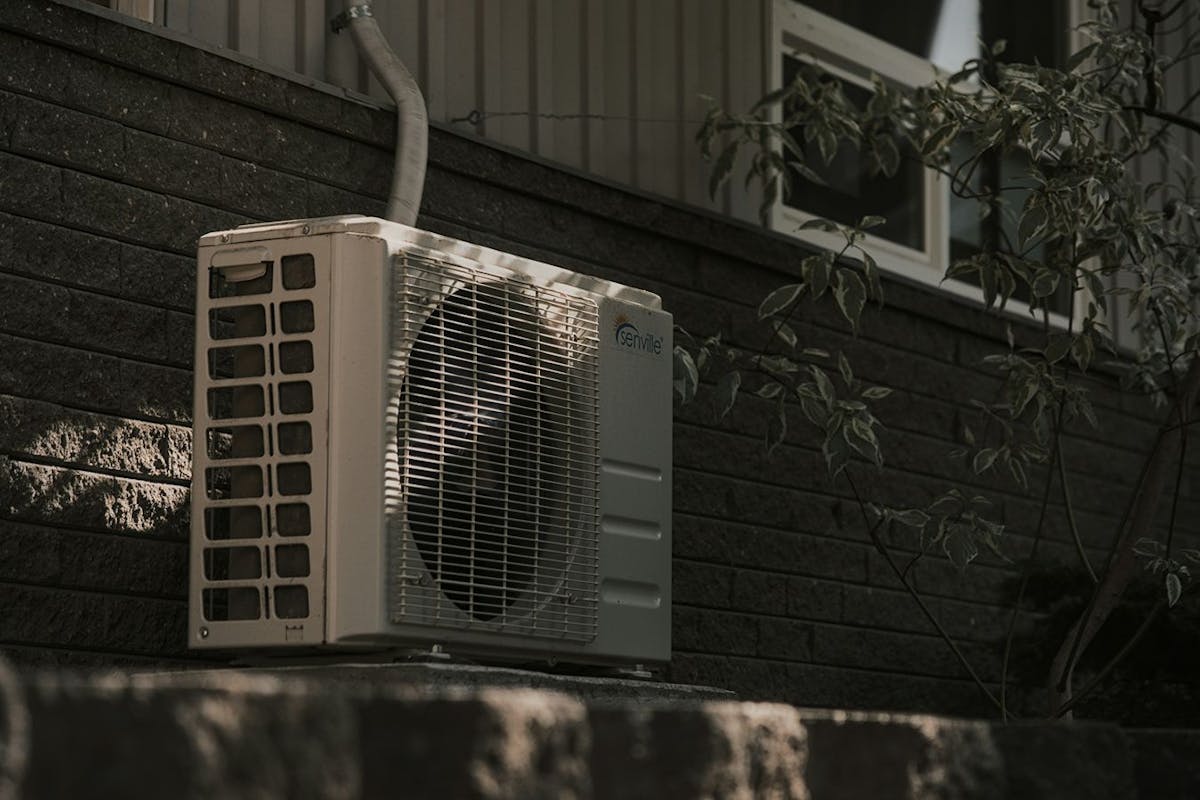Rewiring Your House: When to Do It and Why
Last edited
Author
Andrew Giermak
Solar and Electrification Writer and Editor
Editor
Andrew Blok
Electrification and Solar Writer and Editor

Your home’s wires and electrical panel might be something you take for granted. Until there’s a problem. Older homes might have older — like generations old — electrical wiring. If you are adding more electrical demand to your home, such as charging an electric vehicle, you might need upgraded wiring or circuits.
This guide will go over some of the signs of a dated electrical system and what you should do to keep your home’s electrical wiring safe and reliable. When it comes to working on your home’s wiring and determining its safety, you should always rely on a licensed electrician.
See how much you can save with home energy changes
Why Home Wiring May Need Updating
Some homes’ electric wiring systems might date back well into the last century. Age of your home’s wiring is the main reason to evaluate rewiring. Old wiring can be less safe and reliable.
Older types of electric wiring such as aluminum or knob-and-tube wiring, is more likely to be a fire risk or overheating risk. If you have frequent or unexplained trips at your electric panel or outages, it could be a sign of a larger problem. You might also notice flickering lights or troubling, metallic smells from outlets or the panel.
Old wiring can also be less energy efficient. If you’re noticing higher bills, steps such as using a home energy monitor or getting a home energy audit can help you find answers, but rewiring may be needed.
If you’re moving to home electrification with upgraded electric appliances such as a heat pump, an induction range, a heat pump dryer, or an electric vehicle charger, you may need more electric power and modern wiring could be part of the electrification project. Many older homes have electrical panels which can’t handle the combined load of current devices. A level 2 EV charger alone can require a dedicated 240-volt circuit. Upgrading your panel and wiring may ensure you have safe and efficient power for new electricity demands.
Volts Needed for Common Devices and Appliances
| Device | Voltage |
|---|---|
| Computers | 120V |
| TVs | 120V |
| Lamps | 120V |
| Microwaves | 120V |
| Toasters | 120V |
| Washing machines | 120V |
| EV chargers (level 1) | 120V |
| EV chargers (level 2) | 240V |
| Ranges/ovens | 240V |
| Dryers | 240V |
| Electric water heaters | 240V |
| Central ACs | 240V |
Home Rewiring Costs
A total rewiring of a home’s electrical system is a major project and expense. The potential cost ranges widely depending on the home’s size, the age of the home and electrical system, and whether extra renovation work or a new electrical panel is needed. The cost of labor, materials, and permitting will also be factors.
The estimated range is about $8,000-$20,000. Rewiring America estimated rewiring an electric circuit is $800-$1,500 per circuit and an electrical panel replacement is usually $1,500-$3,000. SoFi Bank gives estimated ranges of $7,800-$13,000 for a 1,300-square foot house and $15,000-$25,000 for a 2,500-sq. ft. house.
Rewiring a house is typically more expensive than initially wiring a newly-constructed house as you must factor in work such as accessing walls, attics, ceilings, basements, or crawl spaces, drywall or plaster or ceiling tile removal and replacement, and removal of old material such as asbestos.
See how much you can save with home energy changes
Are There Incentives for Rewiring Your Home?
There are federal tax credits and incentives, although only until the end of 2025, and state tax credits, rebates and incentives in most states for electrical rewiring residences.
December 31, 2025 is now the expiration date for federal income tax credits under the Energy Efficient Home Improvement Credit. The cost of electrical rewiring, electric panels, and other qualifying energy-efficiency improvements can be included in the cost of some qualifying improvements.
Nearly all states are setting up their programs to disburse federal funds for rebates for eligible energy-efficient electrical upgrades. For example, Energy Saver NC in North Carolina gives rebates, up to $4,000 for an electric panel and up to $2,500 for wiring. The Energy Saver NC program is based on income eligibility. It’s expected to run through 2031, or until funds are spent.
In New York, the EmPower+ Program offers incentives for income-eligible residents’ home electrical improvements. The rebates here are also up to $4,000 for an electric panel and up to $2,500 for wiring. Find your state’s program to see if rebates are available to you.
If you’re looking to see how home energy upgrades could reduce your energy bills, check out Palmetto’s Savings Maximizer to get estimates customized to your home.
See what home electrification can do for you:
Frequently Asked Questions
How do I know if my home needs electrical rewiring?
If you’re seeing more lights or electronics flickering, circuit breaker trips, or sparks or smells coming from outlets, it could be a sign of old, faulty, or unsafe wiring. If your home’s electrical wiring is 50 or more years old, an inspection, then rewiring if recommended, is probably a good idea.
Can I do wiring or electrical panel work myself?
No, a professional electrician with proper licensing and training should complete this work. Any electrical work can be dangerous. Trying to work on electrical wires and components can also lead to expensive mistakes, home damage, and code violations.


